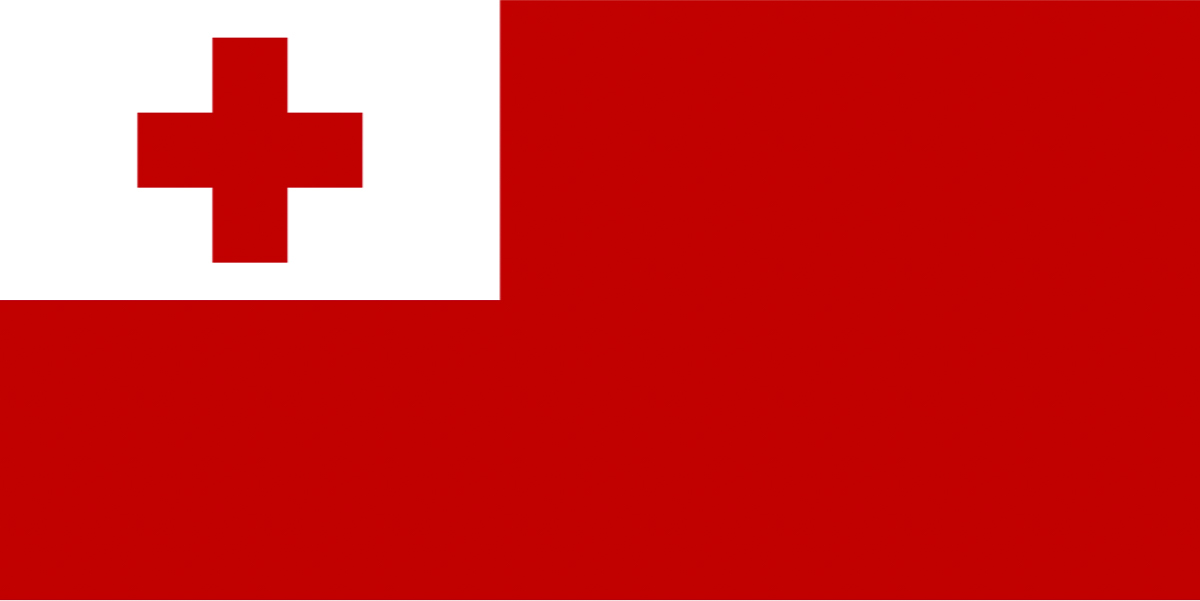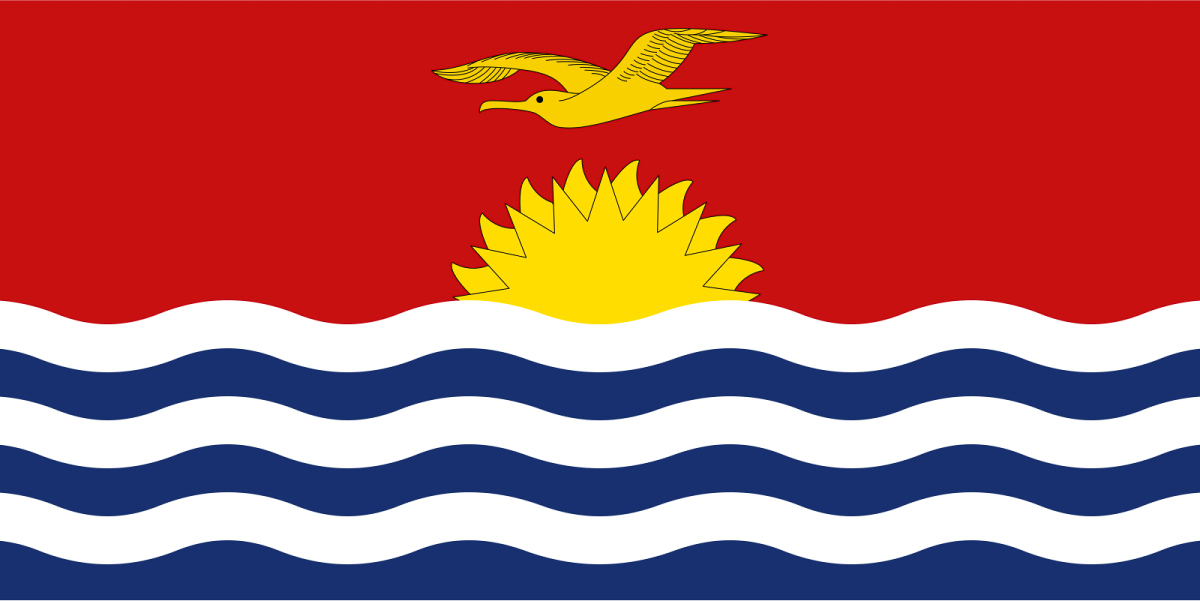Sponsoring States

Nauru is an isolated, uplifted limestone island located in the South Pacific, it’s fringed by a coral reef that acts as the island’s main defense from rising sea levels. Colonial exploitation of Nauru’s rich phosphate reserves created a legacy of environmental degradation that left over 80% of the island uninhabitable and unsuitable for agriculture. As a result of this legacy, Nauru is dedicated to ensuring that future extractive activities are done responsibly. Nauru is a party to UNCLOS and recognizes the essential role of the ISA to put in place strict guidelines and protection measures before any extractive activities take place. Nauru is proud to be the first Sponsoring State to access the developing state land bank and believes that polymetallic nodules offer an opportunity to diversify its economy and contribute to the to the global transition to clean energy.


Despite accounting for just 0.0002% of global CO2 emissions, Kiribati, heavily impacted by climate change, is addressing the climate crisis on multiple fronts, as two of its islands have already disappeared into the sea. The nation is renowned for creating the world’s first large-scale marine protected area, the Phoenix Islands Protected Area (PIPA), which also contains the planet’s largest intact coral archipelago. Kiribati hopes to enable the clean energy transition by contributing to critical mineral supply chains. We’re proud to partner with Kiribati in this shared mission through the exploration of the country’s Marawa contract area.

